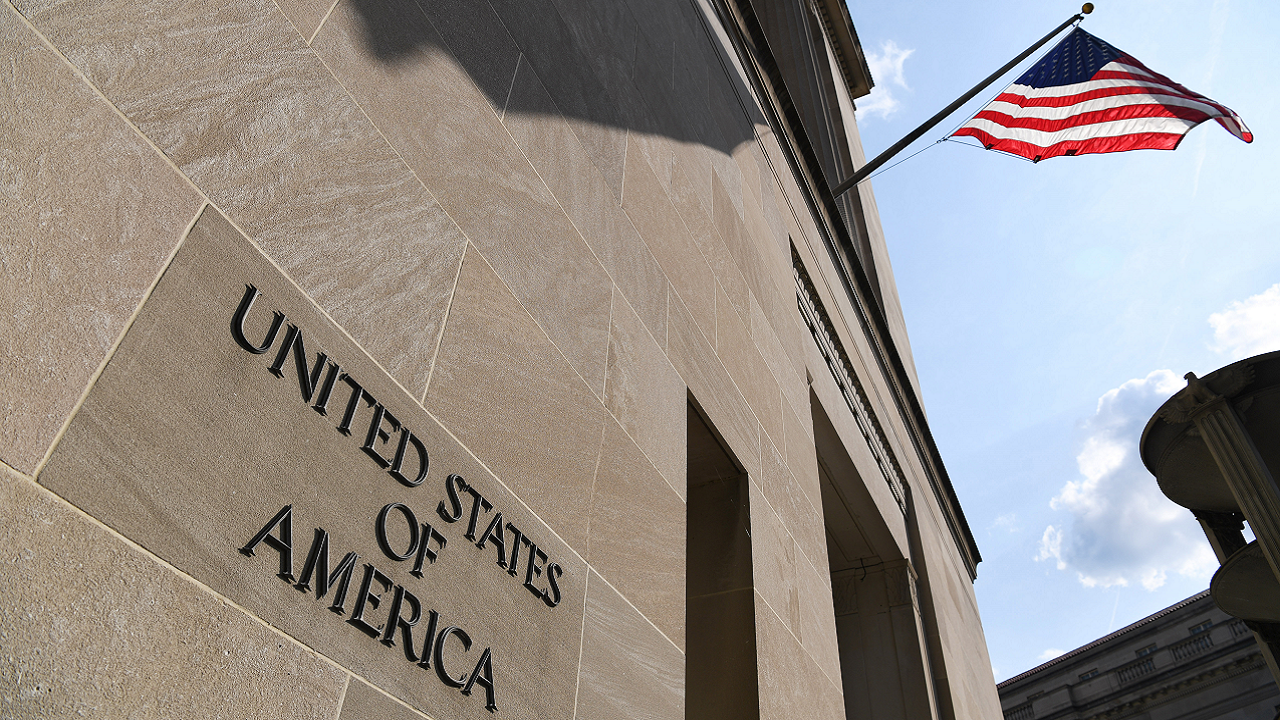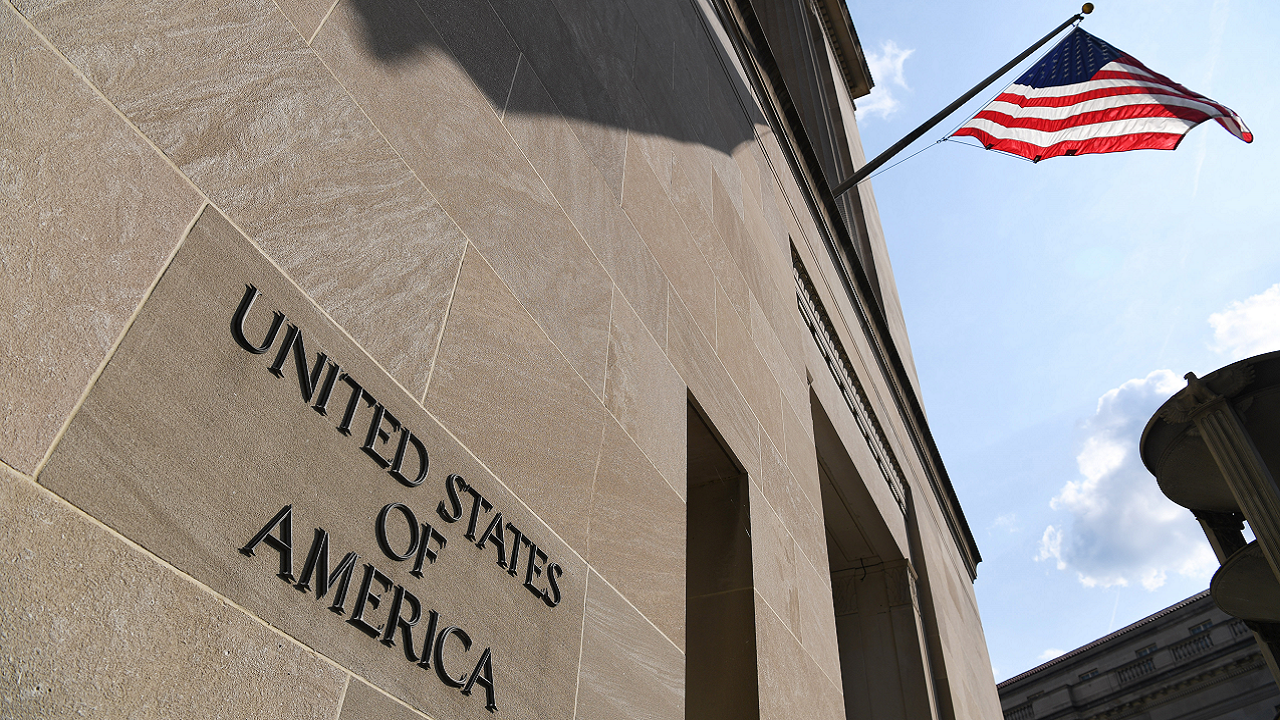

NEWYou can now listen to Fox News articles!
A federal judge said over the weekend that she intended to appoint a special master to go through materials the FBI seized from former President Donald Trump’s Mar-a-Lago home, but on Monday the Department of Justice revealed that its own employees already reviewed them.
While the Justice Department used a “privilege review team” to determine which documents should be kept away from the investigative team due to attorney-client privilege, Trump wanted an independent court appointee to do it so that no DOJ personnel would see sensitive information. According to former federal prosecutor Andrew McCarthy, a special master would have been better for both sides.
“It is important to recognize that this process is for the protection of the investigation/prosecution as much as for the suspect,” McCarthy told Fox News. The former prosecutor said he has been involved in these kinds of investigations.
McCarthy explained that the subject of an investigation wants to keep their privileged documents from being revealed, even if it is a separate privilege team doing the review.
JUSTICE DEPARTMENT TELLS JUDGE IT ALREADY REVIEWED TRUMP DOCUMENTS
“The point of privilege, after all, is not just to protect the suspect from use of the documents as evidence but also to protect their confidentiality,” he said. A privilege review team gets to see each document, even if they ultimately determine to keep the materials away from their colleagues who prosecute the case.
On the other side, McCarthy explained that the DOJ should also be concerned “that the prosecution team can be disqualified it if is made privy to privileged information,” even if it is done inadvertently.
“The best way to avoid that is to bring defense counsel and the court into the mix early, by appointing a special master and giving defense counsel an opportunity to review documents that might be privileged so they can assert the privilege on behalf of the client,” McCarthy explained.
The use of a special master made headlines in a different Trump-related case back in 2018. This was when the court-appointed one to handle the privilege review after the FBI searched the offices of former Trump lawyer Michael Cohen.
In the matter of the Trump raid, the DOJ does not appear to have this concern.
“In the Mar-a-Lago case, DOJ seems to want to do this unilaterally and make all the decisions about whether something might be privileged,” McCarthy said, noting that the prosecution team conducted the search. According to the search warrant affidavit, the privilege review team only carried out the search of what they called the “45 Office.” The “Case Team” searched the “Target Premises,” which McCarthy said exposed them to potentially privileged information.
“The process … anticipates that, even after the filter team does its sifting of the documents and gives what it decides is not privileged to the prosecution team, the prosecution team may later decide some of the documents are privileged and thus have to have the discipline to stop the review on their own,” McCarthy said, adding that “it’s almost like they asked for a license to be sloppy.”
CLICK HERE TO GET THE FOX NEWS APP
McCarthy placed blame on both sides for the current state of the review. He said that Trump’s legal team was “foolish” for waiting two weeks before requesting a special master instead of asking during the search or the following day.
Moving forward, he said that it “would be better to have a special master” and have the privilege review team show the special master the documents they felt were not privileged before giving them to the prosecution team or even letting Trump’s lawyers see them and make privilege claims that the special master could handle. McCarthy pointed out, however, that “the procedures here really don’t provide for that.”







